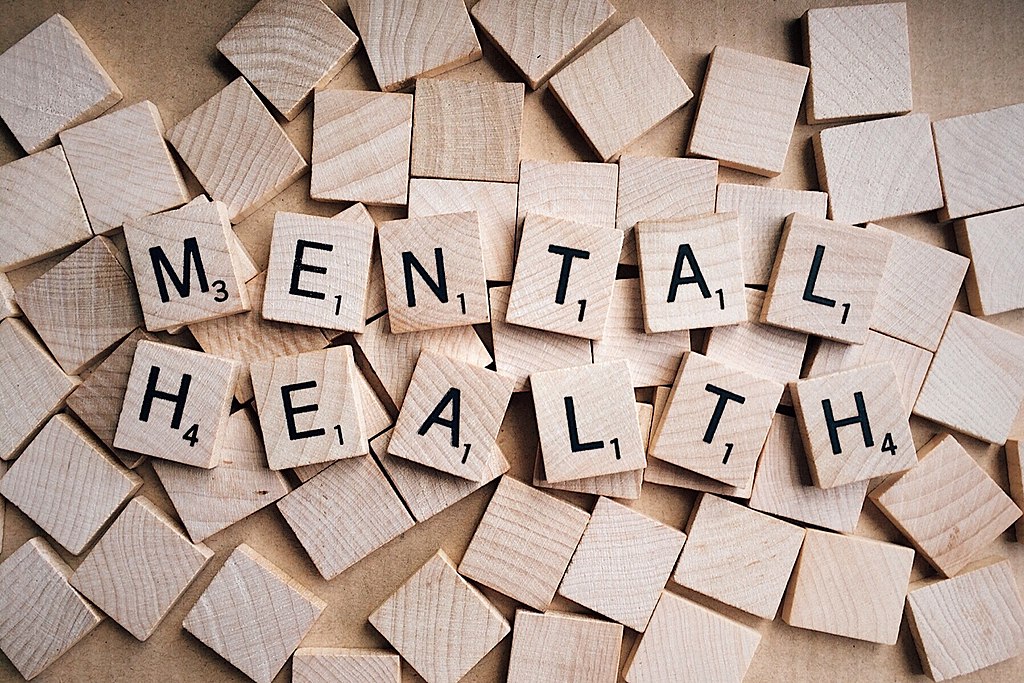
January 23rd is Mental Health Awareness Day.
Embracing Mental Health Awareness: A Call to Foster Compassion and Support
In a world that is constantly evolving, it is crucial to recognize and prioritize the significance of mental health awareness. Mental health is an integral component of overall well-being, impacting how individuals think, feel, and navigate through life. Unfortunately, the stigma surrounding mental health issues persists, often leading to silence and misunderstanding. This underscores the urgent need for increased awareness and proactive measures to support those struggling with their mental health. Below we explore the importance of mental health awareness and suggests ways to foster a supportive environment for individuals facing mental health challenges.
The Importance of Mental Health Awareness
- Breaking the Stigma
One of the primary reasons for emphasizing mental health awareness is to break down the pervasive stigma surrounding mental health issues. Societal misconceptions and judgments contribute to the reluctance of individuals to seek help or openly discuss their struggles. By fostering awareness, we can challenge these stereotypes and create an environment that encourages open conversations about mental health.
- Normalizing Mental Health Conversations
Mental health awareness helps normalize discussions around mental well-being. Just as we freely discuss physical health concerns, it is essential to create a culture where talking about mental health is equally accepted. By doing so, individuals may feel more comfortable sharing their experiences, reducing the sense of isolation often associated with mental health challenges.
- Early Intervention and Prevention
Raising awareness about mental health enables early intervention and prevention strategies. Understanding the signs and symptoms of mental health issues empowers individuals, friends, family, and communities to recognize when someone may be struggling. Early intervention can prevent the escalation of mental health problems, promoting better long-term outcomes for affected individuals.
Ways to Support People Struggling with Mental Health
- Encourage Open Communication
One of the most powerful ways to support individuals facing mental health challenges is by fostering open communication. Create a non-judgmental space where people feel comfortable sharing their thoughts and emotions. Encourage active listening, validating their experiences, and expressing empathy. A simple conversation can go a long way in helping someone feel understood and supported.
- Educate Yourself and Others
Education is a powerful tool in combating ignorance and dismantling stigma. Take the time to educate yourself and others about various mental health conditions, their symptoms, and treatment options. By increasing your understanding, you can contribute to a more informed and compassionate community.
- Be Mindful of Language
Language plays a crucial role in shaping perceptions. Be mindful of the language used when discussing mental health. Avoid stigmatizing terms or dismissive phrases that may perpetuate negative stereotypes. Choose words that convey empathy, understanding, and support.
- Provide Resources and Encourage Professional Help
Supporting someone with mental health challenges involves connecting them to appropriate resources. Familiarize yourself with local mental health services, hotlines, and support groups. Encourage individuals to seek professional help when needed and offer assistance in finding suitable mental health professionals or treatment options.
- Foster a Supportive Environment
Creating a supportive environment is essential in helping individuals cope with mental health issues. This involves understanding their needs, respecting their boundaries, and providing emotional support. Small gestures such as checking in regularly, offering a listening ear, or engaging in activities together can contribute to a sense of connection and belonging.
- Promote Self-Care Practices
Encouraging individuals to prioritize self-care is crucial for maintaining mental well-being. Self-care can take various forms, including regular exercise, adequate sleep, healthy eating, and engaging in activities that bring joy and relaxation. Support and encourage these practices to help individuals build resilience and manage stress.
Mental health awareness is paramount for building a compassionate and supportive society. By breaking the stigma, normalizing conversations, and promoting understanding, we can create an environment where individuals feel empowered to seek help and receive the support they need. Supporting those struggling with their mental health requires a collective effort, encompassing open communication, education, mindful language, and the provision of resources. By embracing mental health awareness, we can pave the way for a more empathetic and inclusive future, where mental well-being is prioritized and celebrated.
For more information on local resources check out our mental health resources page and our printable handouts.

